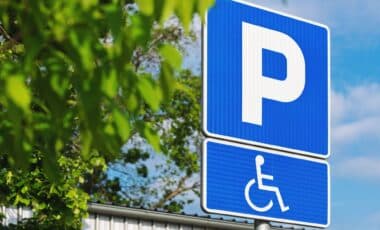As electric bikes continue to gain popularity in the UK, strict regulations on their use remain a concern for parents. Many are unaware that their child could be riding a bike that is too powerful for their age, resulting in heavy fines.
It is crucial that parents understand the legal limits to avoid penalties for breaking road laws. Electric bikes, or electrically assisted pedal cycles (EAPCs), are subject to specific rules regarding their power and speed.
According to government guidelines, children under the age of 14 are prohibited from riding e-bikes. These restrictions are in place to ensure safety, but parents may not always be aware of the potential risks associated with allowing their children to ride such vehicles. With the rise of e-bikes in the UK, the government has made it clear that not all electric bikes are created equal.
Legal Requirements for Electric Bikes
Electric bikes must meet a series of criteria to be legally used on public roads. According to the official guidance, an EAPC is defined as a bike that requires pedals to propel it and has two or more wheels.
The bike’s motor must have a continuous output of no more than 250 watts and must stop assisting once it exceeds a speed of 15.5 mph. Bikes that do not adhere to these requirements must be registered, taxed, and insured.
If a bike exceeds these limits, it may require a valid licence, a motorcycle helmet, and additional insurance. Failure to comply could lead to a fine or the bike being confiscated by the authorities.
Consequences for Parents Who Allow Children to Ride E-Bikes
Parents can be held responsible if their child is caught riding an e-bike that violates these regulations. Should a child under 14 be stopped by the police while riding an electric bike that exceeds legal limits, the bike may be seized, and a fixed penalty notice (FPN) could be issued.
The fines vary by location, with some areas imposing a £300 fine, while others may impose different penalties.
Norfolk Police have stated that penalties are enforced differently across the country, meaning some regions may not issue fines but instead opt for an alternative penalty. Furthermore, as per advice from Ethical Choice insurance, police may transfer the penalty from the child to the parent.
If a parent receives penalty points on their driving licence, they risk accumulating more than 12 points, which could lead to the revocation of their licence.
These stringent rules are meant to protect both children and other road users, but they place a significant responsibility on parents. Understanding the specific requirements for electric bikes is essential to avoiding fines and ensuring the safety of young riders on public roads.









